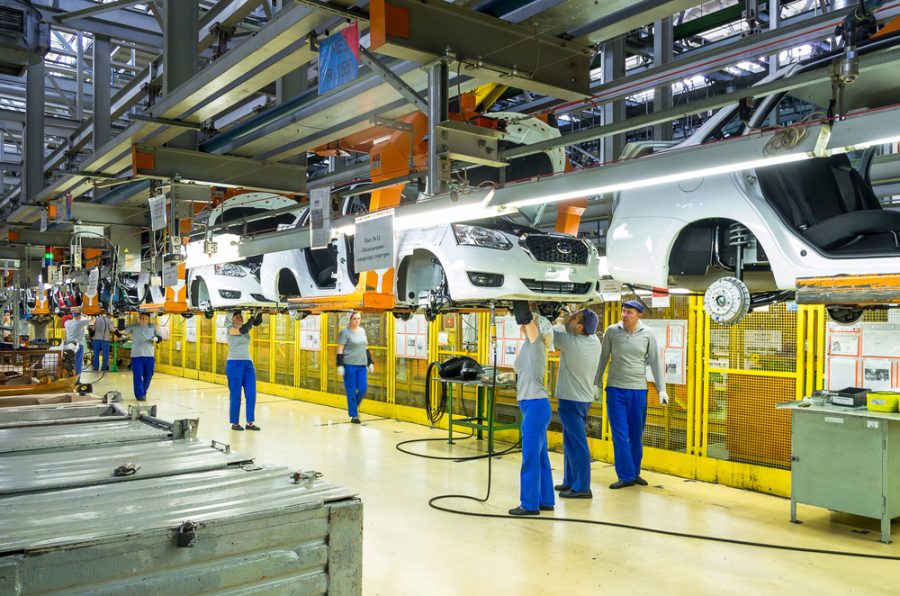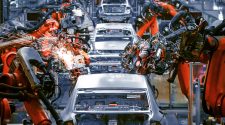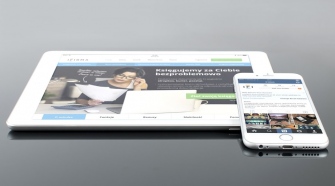Business, as usual, is no longer an option for OEMs. Given the unprecedented uncertainty facing the auto industry, one thing is sure: automakers must recalibrate their business strategies if they plan to survive in a COVID-19 era.
The reality is that the global automotive market was already feeling the impact of disruption Pre-COVID-19 with the convergence of connected, autonomous, electrification and shared mobility technologies shifting the industry. Not to mention an industry that is very cyclical and was already in the middle of a downturn cycle in terms of sales.
Now, a new automotive revolution of momentous proportion is underway and fueling some key trends that are being accelerated by the pandemic.
To help auto leaders prepare for the “new normal,” Marx Layne has identified five trends expected to impact the market outlook and propel the industry forward in the months ahead.
Supply chain diversification
As automotive brands reposition themselves for recovery, they are rethinking their global supply chains. Traditionally, OEMs rely heavily on just-in-time production. With the onset of COVID-19, supply chains were immediately hit hard, especially in China where almost two-thirds of auto production was affected by the country’s shutdown. With a shortage of parts, car companies are looking to diversify their supply chains and offer opportunities to other countries like India and Mexico. Localization production efforts also continue since the passage of the United States-Mexico-Canada Agreement (USMCA). The organizations that will emerge the strongest post COVID-19 will need to build long-term resilience in their supply chains to better anticipate risks and protect against future disruptions.
Research and development (R & D) reduction
Nearly all automakers and suppliers are expected to reduce R & D spending due to the trifecta effect of a pandemic, declining sales and production halts. According to the Q2 OESA Automotive Supplier Barometer™, R & D investments are estimated to be delayed by just over four months on average, with connected manufacturing and autonomous vehicle technologies being delayed the most, as emphasis shifts to focus on alternative propulsion technologies. That comes as no surprise as the industry looks to preserve cash and other “non-critical” expenses.
Car ownership is up; ridesharing is down
As social distancing and health concerns prevail amid the outbreak, people’s attitudes toward the cleanliness of public transit and ridesharing have shifted as commuters opt more in the direction of car ownership. People do not want to get onto crowded subways or buses or risk contact with Lyft and Uber drivers. They just feel safer in their own personal space. Makes sense. A recent survey shows 93 percent of people say they are now using personal vehicles more in the wake of the coronavirus crisis while Cars.com reported that 20 percent of respondents who did not own a car Pre-COVID are now considering purchasing one.
Contactless dealership experience
Automotive dealers have been among the hardest hit industries as their entire model is contact based. Spending hours at a dealership to purchase a new vehicle is no longer par for the course. According to a recent industry survey, approximately 87 percent of car shoppers disliked some aspect of car shopping and dealerships pre-pandemic. Now, dealerships will need to transform their operations to meet the emerging needs of their new “quarantined” customer. The expectation is that all transactions will need to be handled digitally with contactless vehicle delivery to your driveway available.
People are tuning into digital events
COVID-19 has accelerated the need for virtual events as large-scale auto shows and conferences were postponed or cancelled. Many OEMs and suppliers are now turning to digital platforms like Zoom and Microsoft Teams to reveal their product launches.
In early March, Hyundai unveiled its 2021 Elantra and Elantra Hybrid through a live broadcast that reached approximately 5,300 viewers watching from the safety of their own homes. Moving forward, the adoption of these remote tools will be imperative for auto marketers in maintaining their industry presence. Plus, just think of all the money they will save not traveling.
Undoubtedly, the coronavirus scourge has changed the automotive ecosystem as we know it. How quickly the industry adapts to these trends will determine their future prosperity.
MORE FROM OUR TEAM
ELEVATE YOUR BRAND
ABOUT: Michael R. Szudarek
As a Partner, Szudarek counsels clients in the automotive, technology and professional services industries, among others. He is responsible for directing a broad range of marketing communications, media relations, reputation management, expert positioning and strategic guidance activities for clients in both the consumer and B2B market segments. Szudarek brings a unique understanding of the complexities of engineering and product development, management, and public policy and regulatory affairs, combined with the communications skills and relationships to deliver strategic programs.
Specific highlights include:
- Public relations and marketing communications advisory services to two Chinese automakers related to increased North American visibility
- Media affairs and communication strategy services within the automotive telematics sector for two of the world’s most recognizable brands
- Media relations and marketing communications services for numerous automotive component suppliers—both consumer and B2B
- Public relations counsel and day-to-day marketing communications for a premium European automaker
Prior to joining Marx Layne in 1998, Szudarek worked for another metro Detroit area public relations agency, where his efforts were focused primarily in servicing several automotive suppliers in implementing marketing communication programs for use throughout North America. His academic credentials include a Bachelor of Arts degree in journalism from Wayne State University. He holds membership in the Automotive Press Association as well as other public and private board positions.
















